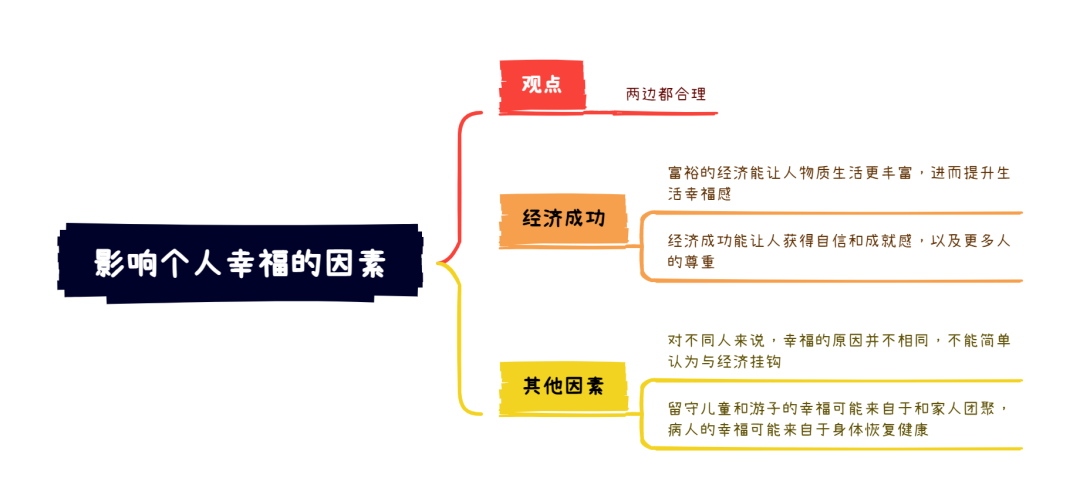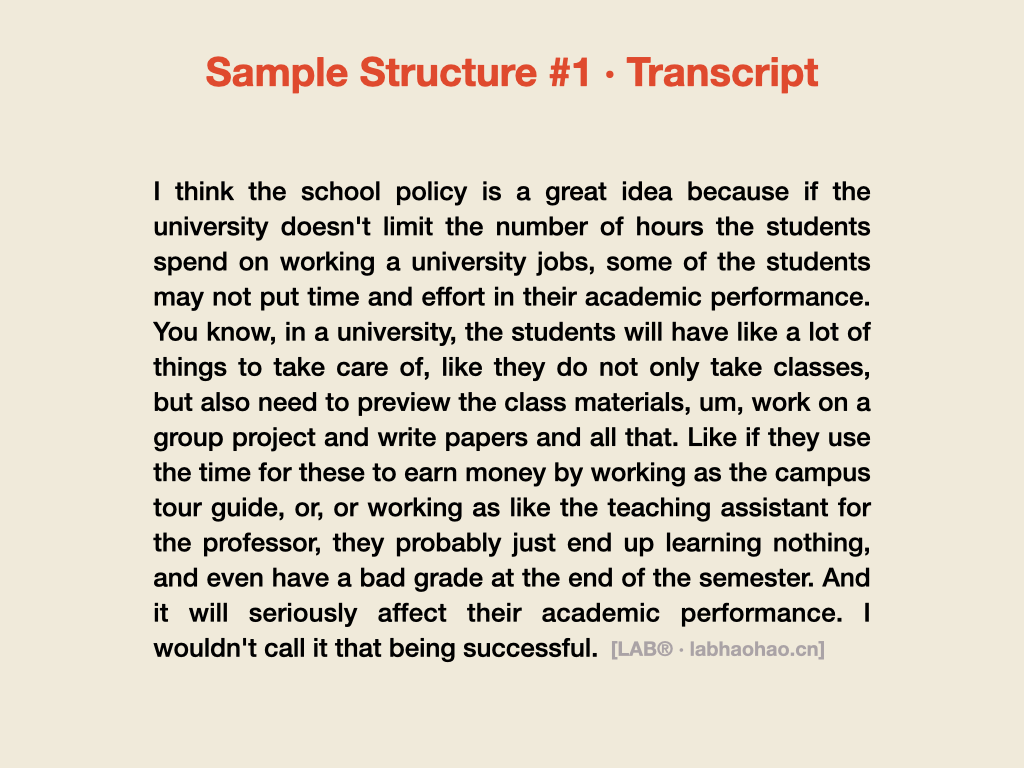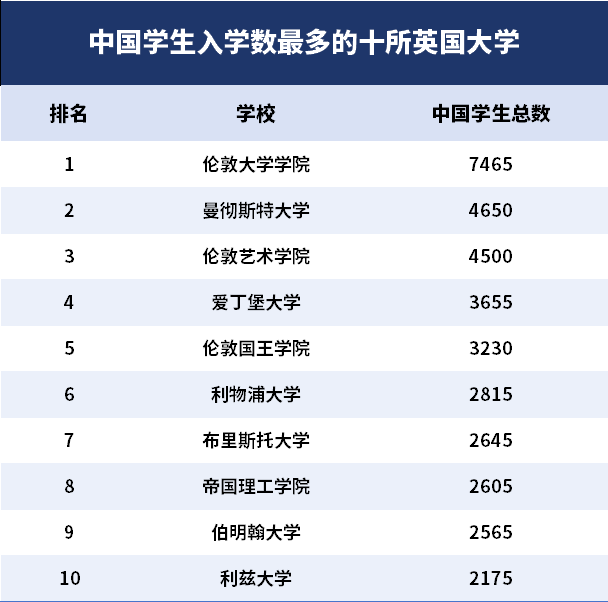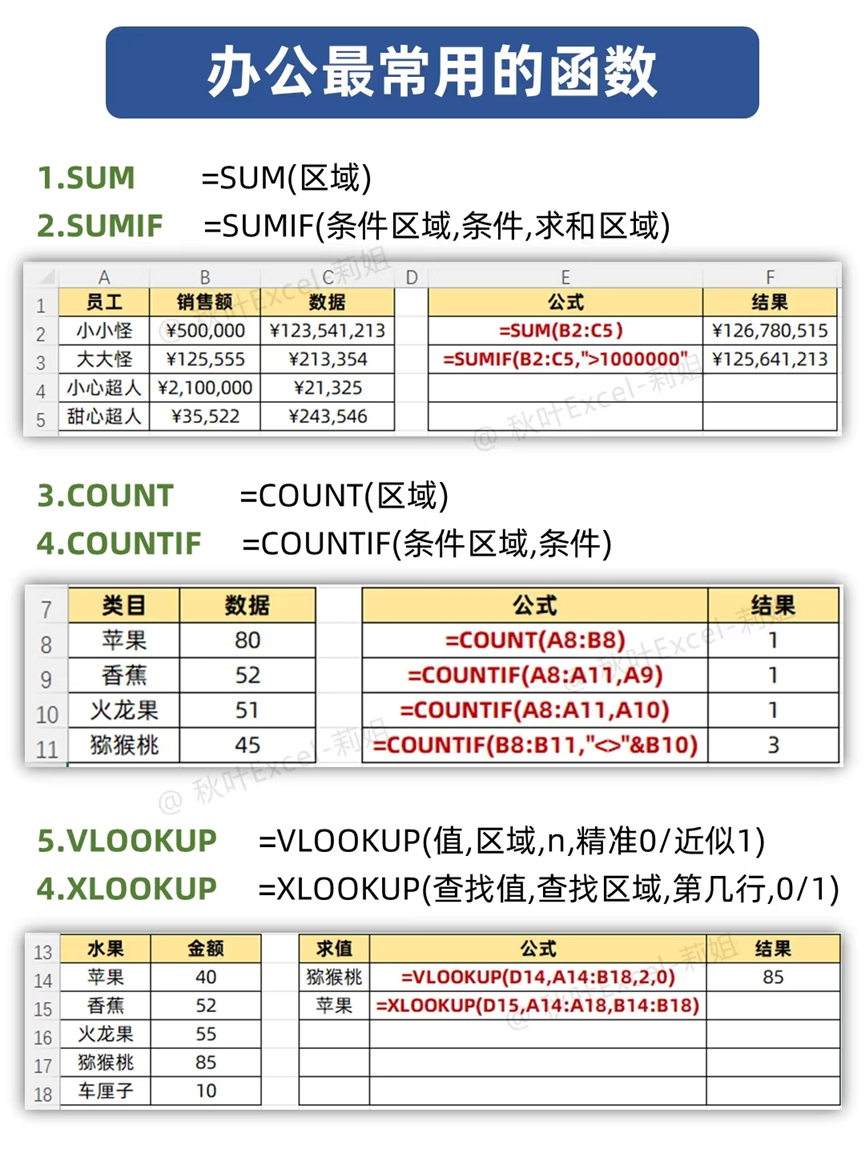几个体系的 Economics 选择的教材
AP: Krugman, Paul, and Robin Wells. Economics. New York: Worth Publishers.
IB: Economics: "IB Economics Course Book: 2020 edition: Oxford IB Diploma Program"
A-level : Cambridge International AS & A Level Economics (Second edition) (Hodder Education) 三本都是同时包含了 Micro 和 Macro 的,第一本AP 的长度长一些,有1000多页,其他两本都是500+ 页数,所以第一本讲解的会详细些,另外两个会高效些。
几个体系Economics 课程的官方大纲:
AP
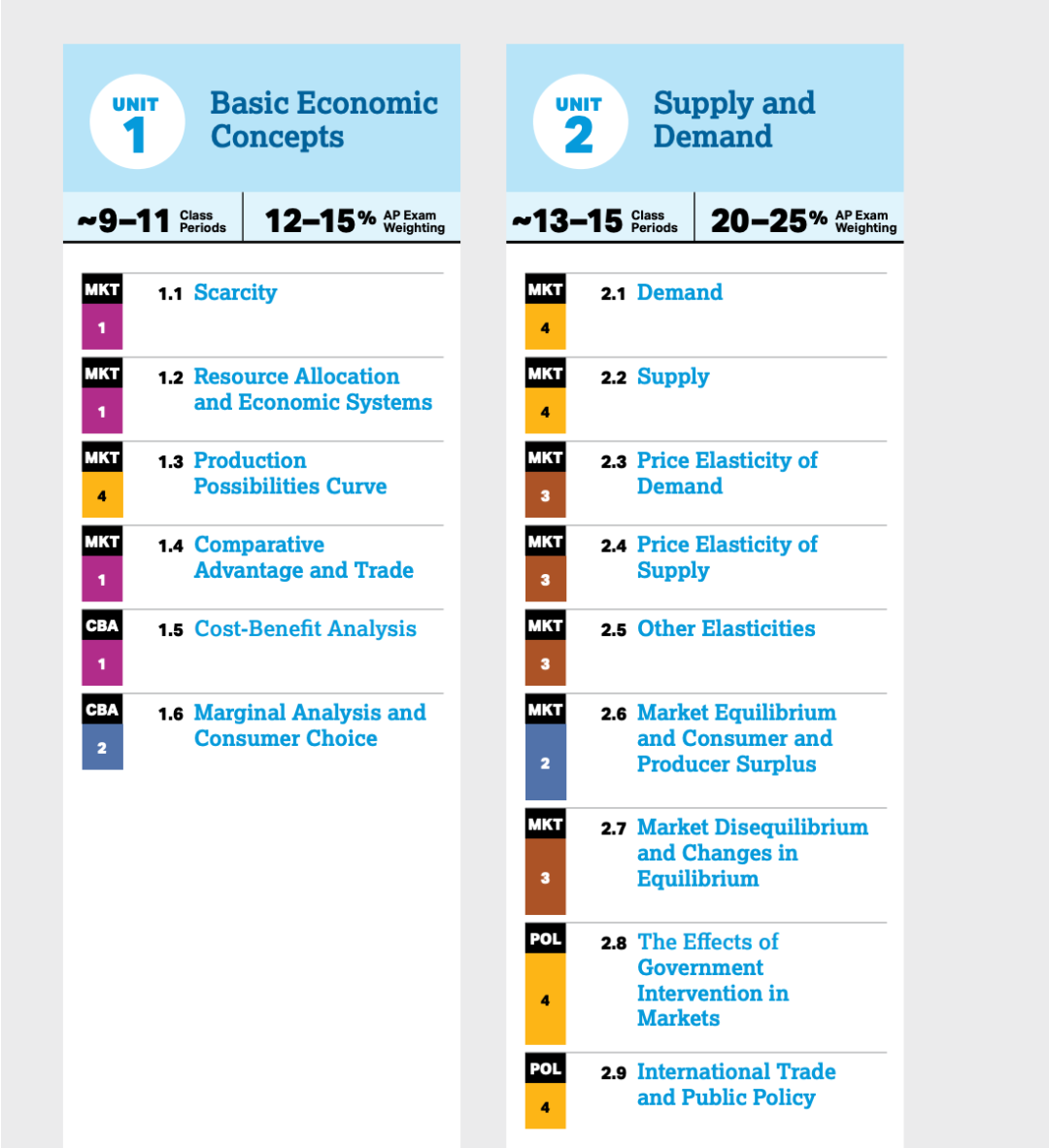
IB
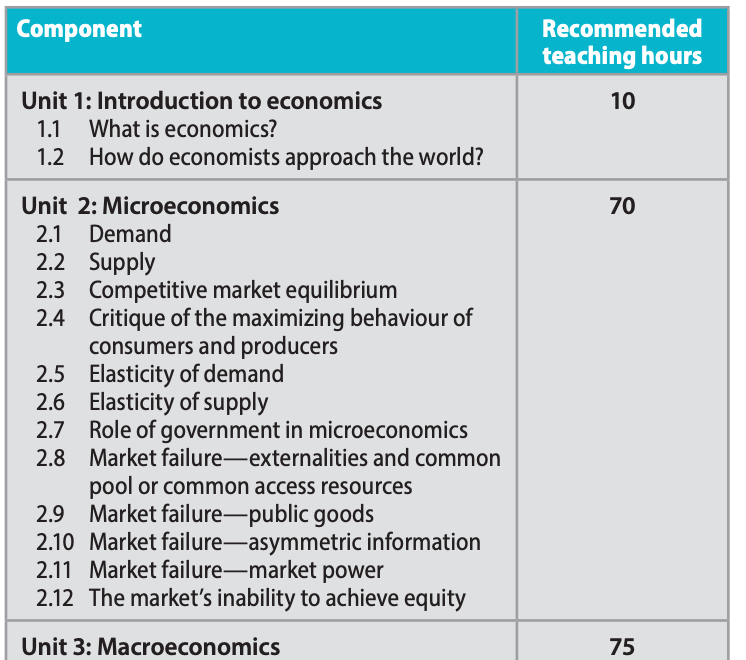
A-level
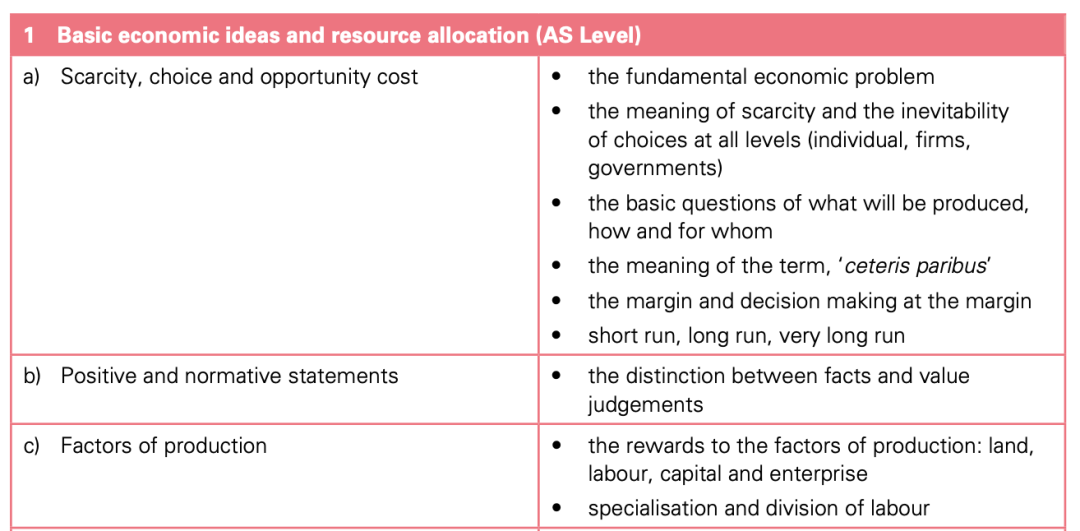
知识点当然是一样的,不管是哪个体系,讲的终归还是Economics 这个事情。表达上可能会有些不同,这个有点类似数学的教材里,同样一个概念,不知道是因为不同地方的习惯不同,还是为了表示句子是原创的,就是会用不同的符号或者名字来称呼。
比如A-level 里有这么一个名词叫Ceteris paribus A-level 里的介绍 Often models work by allowing them to focus on one thing at a time. A model almost always begins with assumptions that help economists to simplify their questions. These assumptions can then be gradually relaxed so that the effect of each one of them can be observed. In this way, economists can move towards a more complicated version of reality. A common example is where we want to focus on one particular aspect of an economic issue or variable, and assume that other things remain constant. This is captured by the Latin phrase ‘ceteris paribus’.
这个特点当然在模型分析里其实都有,来Paul Krugman 的AP 教材里有个更为直接的叫法 other things equal assumptions Models are important because their simplicity allows economists to focus on the effects of only one change at a time. That is, they allow us to hold everything else constant and study how one change affects the overall economic outcome. So an important assumption when building economic models is the other things equal assumption, which means that all other relevant factors remain unchanged.
所以不知道为什么A-level 的教材里非得用一个陌生的拉丁文词去解释一个熟悉的概念。 另外一个例子。
下面这个是来自于Paul Krugman 的AP 教材的图
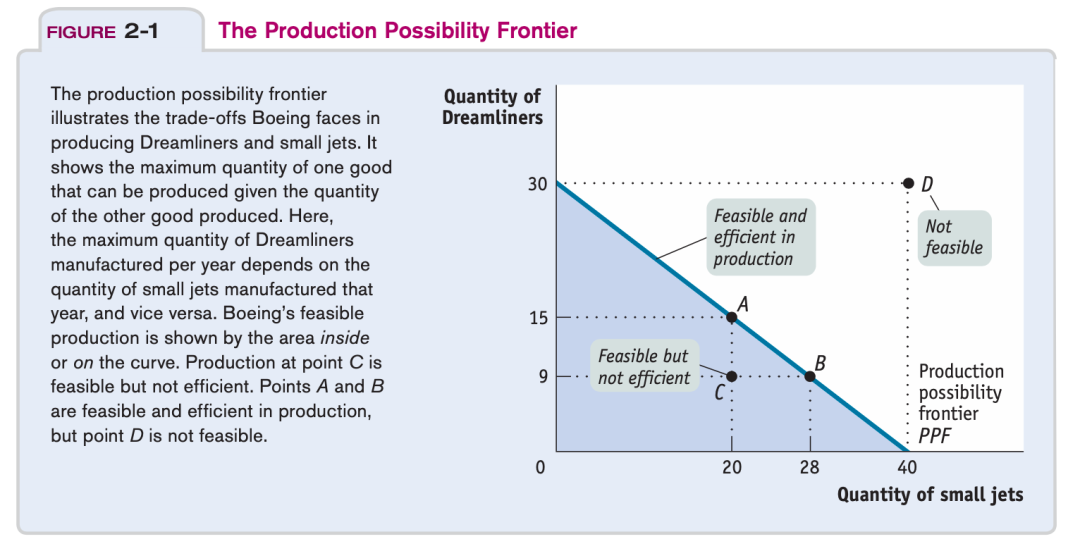
可以看到里面的名字叫做The Production Possibility Frontier。这个Frontier 的使用有点不够直白。
在 A-level 和 IB 里有个相对直接些的叫法: Production Possibilities curve
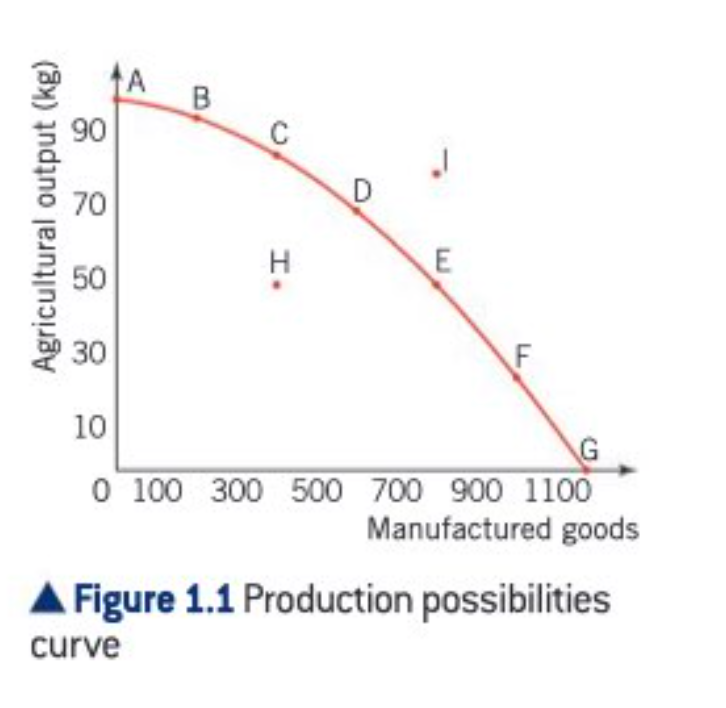
不管是curve 还是frontier 指的都是这个坐标轴里的线,但是curve 是不是更为直观些。
这种类似的差异,可能可以推及到英国的叫法和美国叫法的不同,因为曼昆版的AP教材(Mankiw, N. Gregory. Principles of Economics. Mason, OH: South-Western Cengage Learning.) (美国) 叫的也是frontier. 从内容展开的方式来说英国的教材(A-level/IB)和美国的(Paul Krugman 的AP 和Greg Mankiw 的AP)也有不同。
两位美国经济学家的开头章节都有讲经济学里的几个基本principles(类似 Choices Are Necessary Because Resources Are Scarce 这些),A-level/IB 的教材开篇是几个经济学的基本概念,没以principles的形式呈现。
但Paul Krugman 和 Greg Mankiw 对于一共得是多少个principles 也有分歧,Paul Krugman 觉得是11个, Greg Mankiw 觉得10个就够了 当然大多数的概念还是一样的。 总结: 这个比对对于考生来说的意义不大,因为也只要考一个试就够了。但有兴趣的就了解下。





